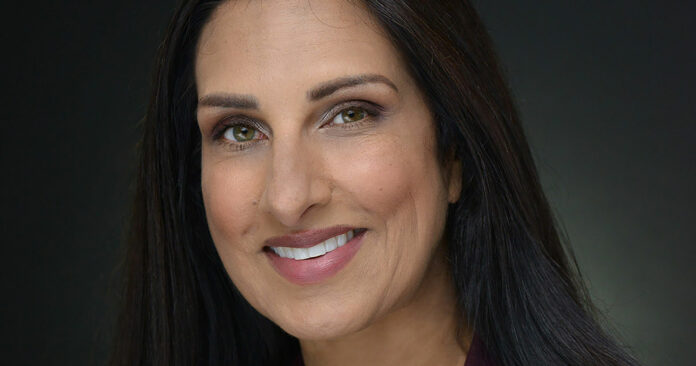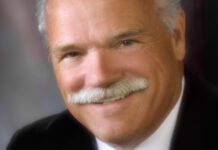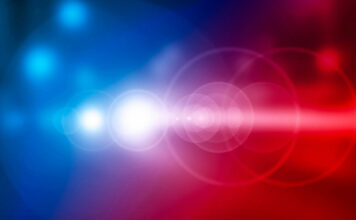In observance of Breast Cancer Awareness Month in October, Mee Memorial Healthcare System is educating South Monterey County residents about the disease and the potentially life-saving screening available locally.
Breast cancer can take years to develop, yet women rarely have symptoms in the early stages. Mammograms are vital for early detection and successful treatment. A baseline mammogram is recommended for women at age 35, with annual mammograms beginning at age 40.
The team at Mee Memorial’s Mammogram Center stand ready to screen South County patients.
Mee offers special programs and lower fees during National Breast Cancer Awareness Month in October. For low-income women, mammograms are covered through the National Breast and Cervical Cancer Early Detection Program. To learn more about programs to help pay for breast cancer treatment for women in need, contact the Centers for Disease Control and Prevention at 888-842-6355.
If you live in California, you may qualify for a free breast exam and mammogram if you:
- are at least 40 years old;
- have low income;
- have medical insurance that does not cover these services;
- have a high insurance deductible or co-payment; or
- are not getting these services through Medi-Cal or another government-sponsored program.
What is a mammogram?
A mammogram (X-ray examination of the breast) can detect and diagnose breast disease in women who either have breast problems such as a lump or pain as well as for women who have no breast complaints.
Today’s high-quality screening mammography is the most effective tool available to physicians in detecting breast cancer before lumps can be felt or symptoms of cancer appear.
Risk factors for breast cancer
Any woman may develop breast cancer. However, the following risk factors may increase the likelihood of developing the disease.
Constant risk factors:
- Gender (breast cancer occurs nearly 100 times more often in women than in men)
- Race (Asian, Hispanic and American Indian women have a lower risk of getting breast cancer)
- Personal history of breast cancer
- Previous breast irradiation
- Family history and genetic factors
- Benign breast disease
- Previous breast biopsy in which the tissue showed atypical hyperplasia
- Menstrual periods that began early in life
- Menopause that began later in life
Lifestyle-related risk factors:
- Smoking
- Not having children, or first child after age 30
- Oral contraceptives
- Obesity and a high-fat diet
- Physical inactivity
- Alcohol consumption
- Long-term, post-menopausal use of combined estrogen and progestin (HRT)
- Weight gain and obesity after menopause
Environmental risk factors:
- Exposure to pesticides or other chemicals is currently being examined as a possible risk factor
Breast cancer mainly occurs in middle-aged and older women. The median age at the time of breast cancer diagnosis is 62. This means half of the women who developed breast cancer are 62 years of age or younger when they are diagnosed. A very small number of women diagnosed with breast cancer are younger than 45.
Overall, the average risk of a woman in the United States developing breast cancer sometime in her life is about 13%.
Early detection is the key to successfully treating breast cancer. As part of the three-step breast health approach, Susan G. Komen for the Cure recommends that beginning by age 20, women become familiar with the look and feel of their breasts through monthly breast self-examination (BSE).
Be sure to see your doctor if you notice any of these breast changes:
- Lump, hard knot or thickening inside the breast or underarm area;
- Swelling, warmth, redness or darkening of the breast;
- Change in the size or shape of the breast;
- Dimpling or puckering of the skin;
- Itchy, scaly sore or rash on the nipple;
- Pulling in of your nipple or other parts of the breast;
- Nipple discharge that starts suddenly; or
- New pain in one spot that doesn’t go away.
Komen for the Cure offers a variety of BSE cards in English and Spanish at komen.org. You can also order a free BSE card. There is also a helpline available at 1-877 GO KOMEN or through email at he******@***en.org. It offers free, bilingual support from trained oncology social workers, as well as guidance to local resources (weekdays, noon to midnight).
At Mee Memorial, our highest priority is to serve the healthcare needs of our community. Educating women about breast cancer and early detection, while empowering them to take charge of their breast health is of utmost importance — in October and all year long.
For more information or to make an appointment, call the MMHS Mammogram Department at 831-385-7130.














